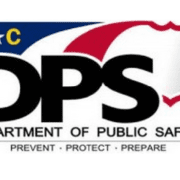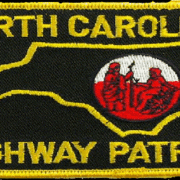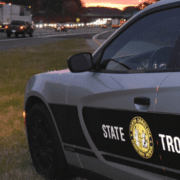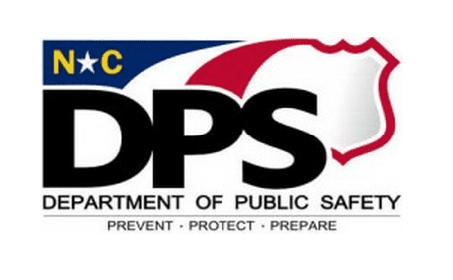TownTalk: S.A.F.E. Highlights Secure Firearm Storage
Gov. Roy Cooper’s recent proclamation to shine a light on gun safety awareness only lasted a week, but this weeklong public awareness observance serves to remind owners of firearms of the responsibilities they have to keep their guns out of the hands of children and criminals.
The N.C. Department of Public Safety hosted the second annual NC S.A.F.E. (Secure All Firearms Effectively) Week of Action from June 2-8 t in response to an increased number of gun thefts from vehicles and the alarming rate of firearm-related deaths and injuries of minors across the state.
The message from the S.A.F.E. call to action is straightforward: One simple step can make a lifesaving difference — lock up your firearms.
Capt. Chris Ball of the Henderson Police Department said licensed gun sellers and dealers are supposed to offer gun locks at the time of a firearms purchase, but anyone who needs one is welcome to stop by the police department and get one free of charge.
Distribution of gun locks is one of the things that this statewide initiative, now in its second year, provides to citizens through law enforcement agencies like the Henderson Police Department.
“It’s important that firearms are secured,” Ball said on Monday’s TownTalk. And you should never leave a firearm in your car, Ball said.
In 2022, more than 2,500 guns were stolen from vehicles across the state – those “smash-and-grab” crimes are bad enough, but gunowners who leave their weapons in their vehicles run the risk of having that weapon used in other crimes. Keep guns unloaded and ammunition stored away from where the firearms are stored, too, he added.
Record the serial number of your firearm, so the information will be readily available to share with law enforcement if you need to report the theft of or loss of a gun. Call 911 or the police department’s non-emergency number to file a report (252.438.4141).
Some gun safes use biometrics instead of traditional locks, and Ball said using a fingerprint instead of a key or punching in a combination may make access quicker.
Vance County Sheriff Curtis Brame agrees that guns should be “out of reach and out of sight – they all need to be in a secure location at all times,” the sheriff noted.
Coincidentally, he and two staff members were in Raleigh Monday for a gun safety training, but he took a few minutes to highlight the need for safe storage of firearms.
Brame said he and other sheriffs across the state are fighting to have a recent law repealed that takes the issuance of gun permits out of the hands of the sheriff’s office.
He said sheriff’s offices have access to mental health and criminal files that can provide pertinent information about people requesting the permits.
Visit ncsafe.org to find a safety checklist and other resources.







